This is how Kissinger spoke about Kosovo and Metohija
Former US Secretary of State, Henry Kissinger, who died at the age of 101, was respected around the world as one of the wisest diplomats of the 20th century.
Thursday, 30.11.2023.
11:21
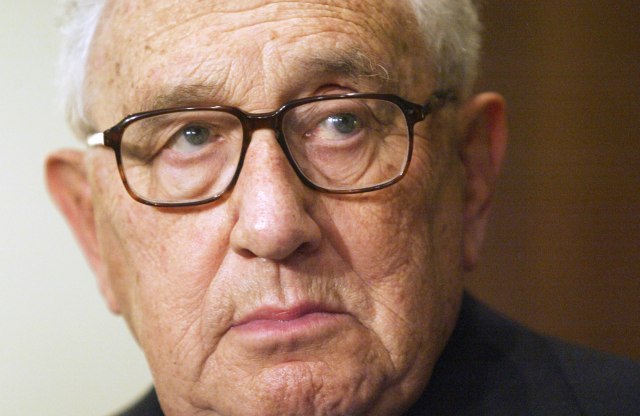
This is how Kissinger spoke about Kosovo and Metohija
During his rich career, he also spoke a lot about the Western Balkans, judging that Kosovo and Metohija are a "national temple" for Serbs.Kissinger thus questioned American policy in the Balkans, saying that "there is no clear definition of US interests in the Balkans".
"Europeans should deal with events in their own backyard," Kissinger said, the Guardian recalls.
Kissinger, who was US Secretary of State from 1973 to 1977, said he "doesn't understand what America is trying to achieve in the Balkans".
"There is something very wrong about our military operation in Kosovo. So wrong that you have to wonder how Washington convinced the allies to create some kind of Balkan peace agreement between well-trodden Serbs and ethnic Albanians, when neither side wants it," Kissinger said.
He added that "that conflict has been going on for 600 years".
"Now we come and say we have solutions, and if you don't accept our solution, we're going to bomb you. I have a problem with that," Kissinger said in 1999.
He also said that the US administration's policy towards Kosovo is wrong because an independent or autonomous Kosovo would destabilize the region, the Washington Post wrote earlier.
"This is because Kosovo Albanians seek to incorporate neighboring Albanian minorities, mainly in Macedonia, and perhaps Albania itself," Kissinger told the Washington paper. He added that it was not a well thought out move, "not at all".
"The administration's plan does not include options - what if the bombing fails, what if it does not force the Yugoslav leader Milošević to accept the peace terms he has already rejected many times", pointed out Kissinger.
When it comes to Bosnia and Herzegovina, he said that it is an artificial creation and that Slobodan Milošević "is not Hitler, but a Balkan scoundrel."
"Neither Milošević, nor any leader from the Balkans, is in a position to be a global threat, as assessed by President Clinton," noted Kissinger.
Kissinger supported American policy in BiH.
"Milošević bears the main responsibility for the brutalities in Bosnia, I strongly support the American deployment there. But, unlike Bosnia, the war in Kosovo is because of the territory that the Serbs consider nationally sacred," said the former US diplomat.
When it comes to Rambouillet, Kissinger assessed that the Serbs rejected the peace agreement because they saw it as an overture for the independence of Kosovo.
"Serbs also see the presence of NATO troops as the kind of foreign occupation that Serbia has fought against throughout history, including the Ottoman and Austro-Hungarian empires, Hitler and Stalin. Even if you bomb them into capitulation, you can hardly expect them to accept that outcome", assessed Kissinger in 1999 for "Newsweek".
He said that Bosnia never existed as a country and that it is an artificial creation.
"We could have done something at the beginning of the war, when the Serbs were accused of massively violating human rights. Now, however, we behave as if we are trying to forcefully return the Serbs to some kind of mythical Bosnia, which never existed in history. There is no Bosnian language, there is no Bosnian culture. Bosnia is an administrative unit consisting of Croats, Muslims and Serbs, and it was artificially created in the former Yugoslavia and foolishly recognized as a state by the Western powers," Kissinger said, reports RTRS.



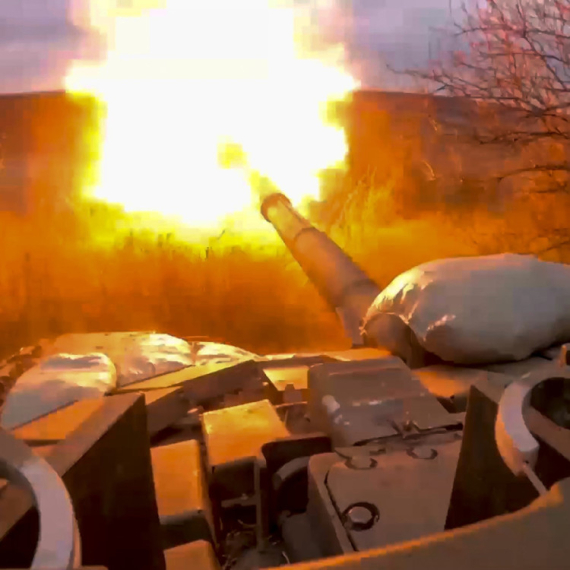
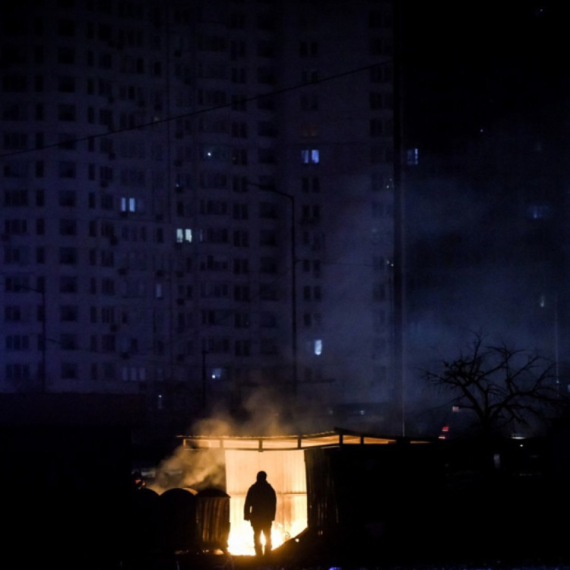
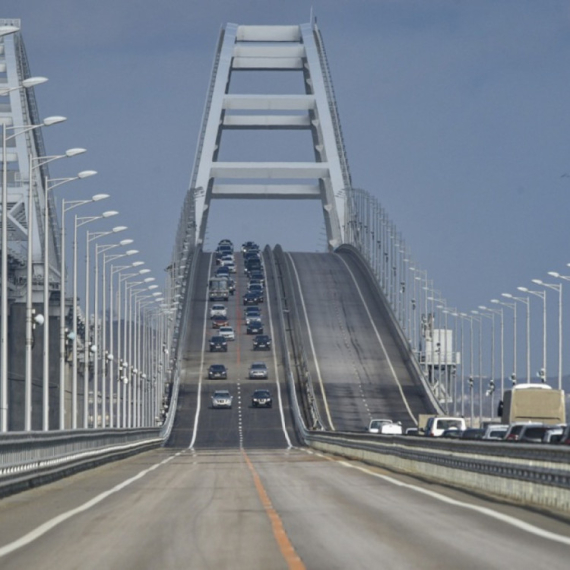
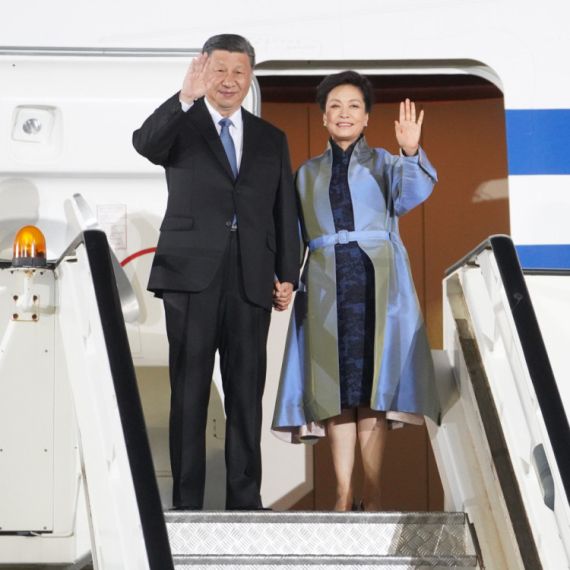





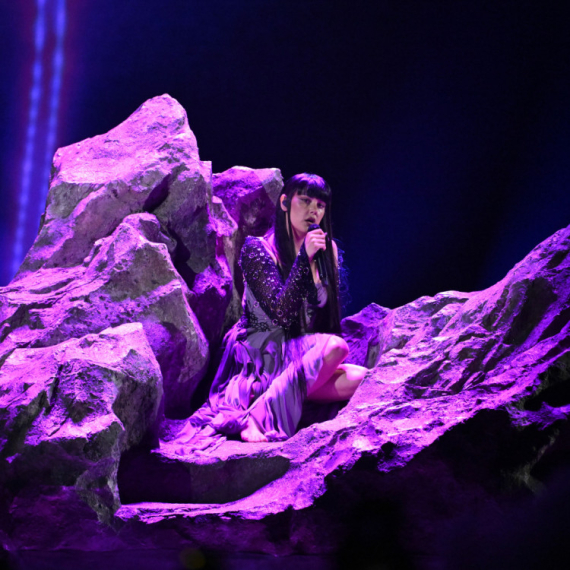

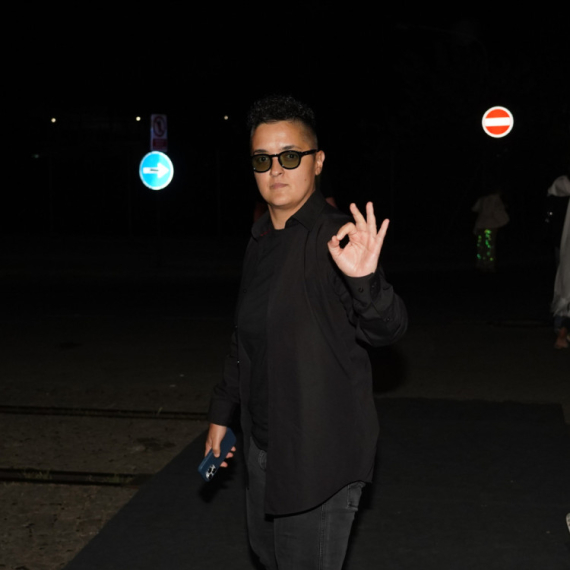
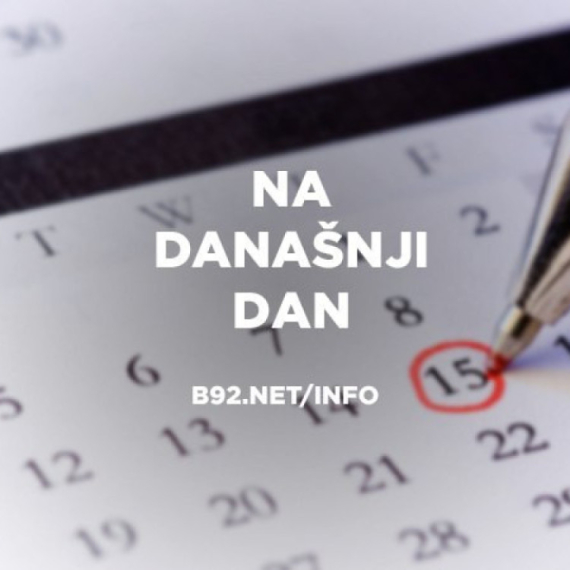
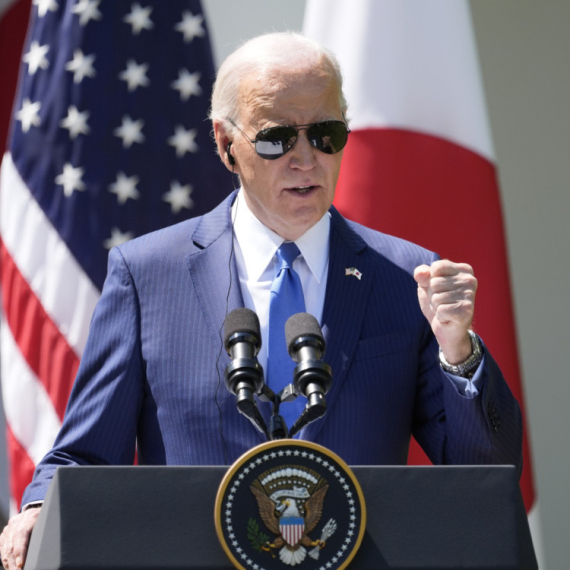
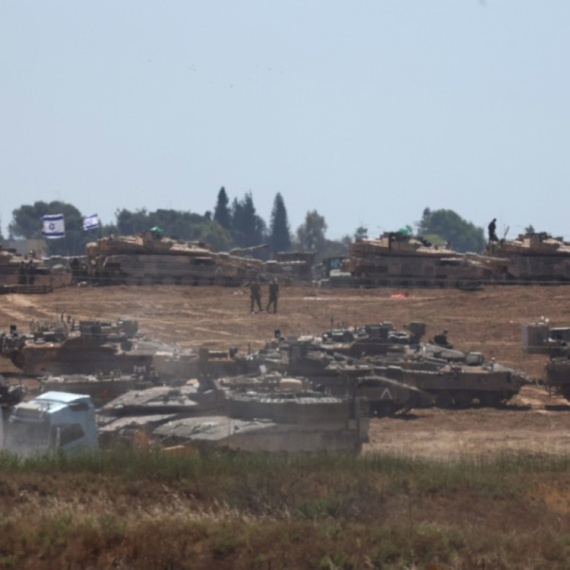
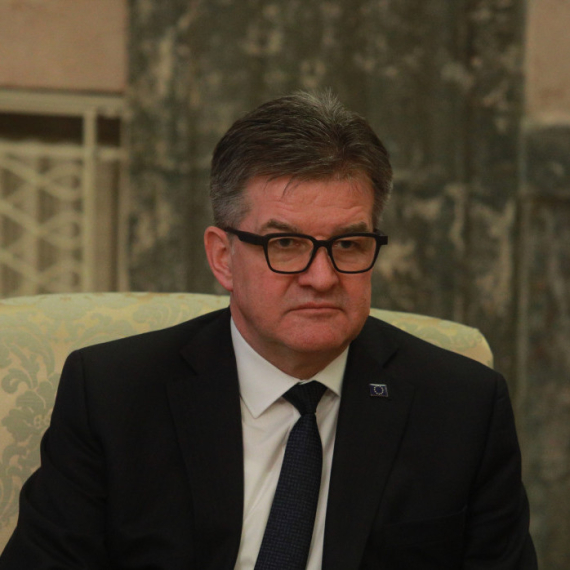






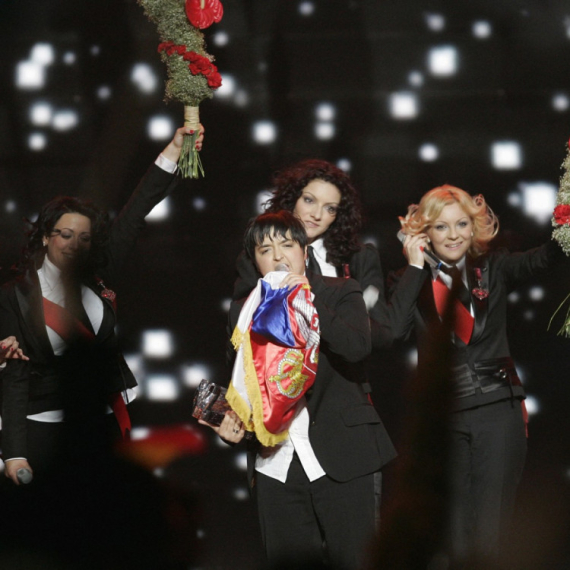

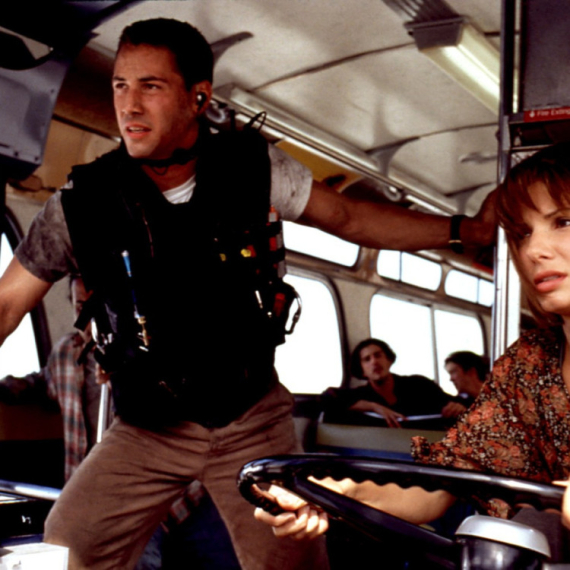






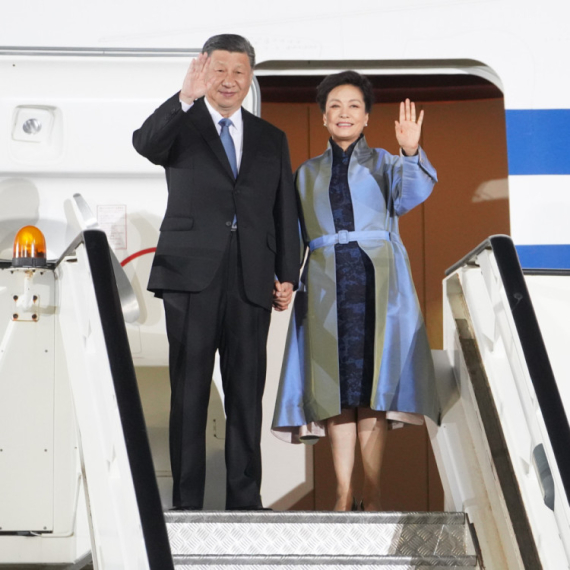

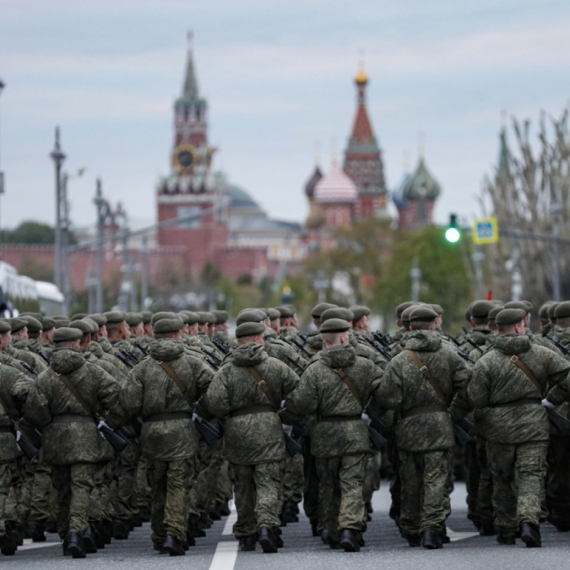

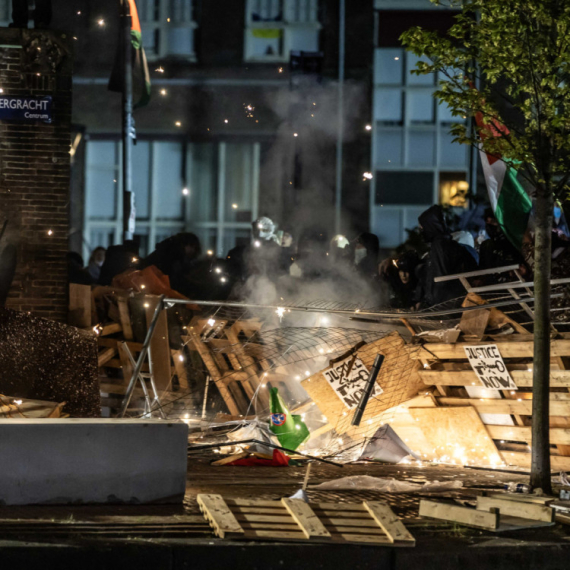
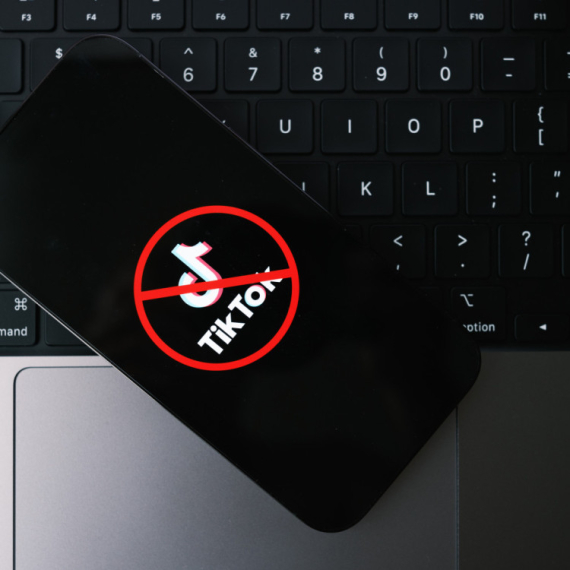



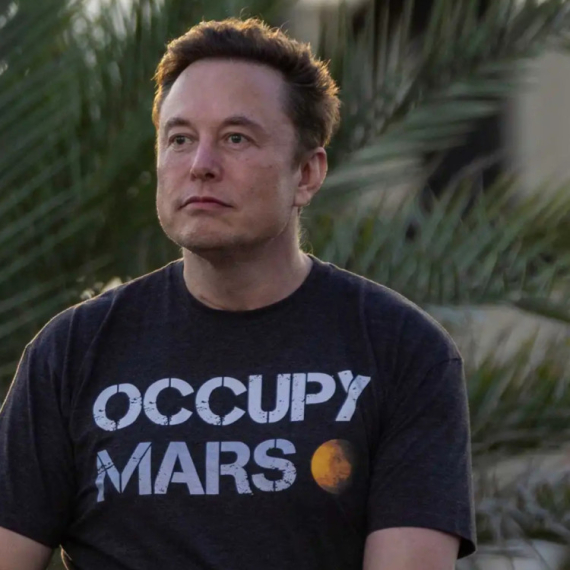



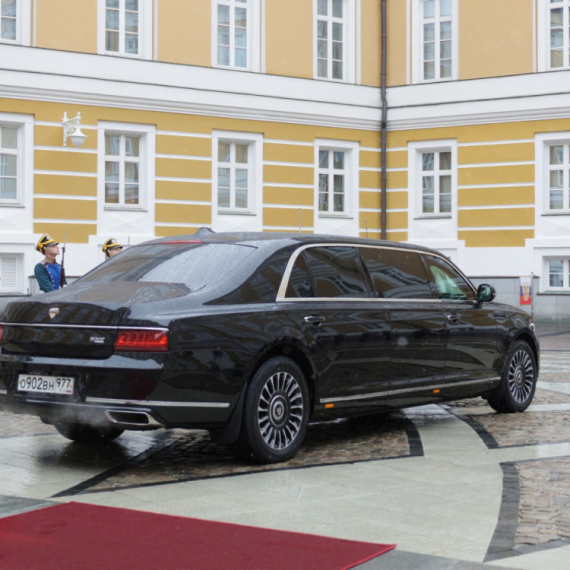


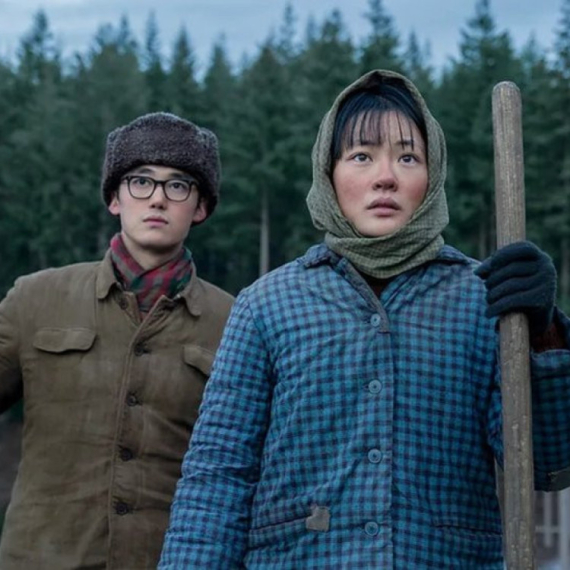
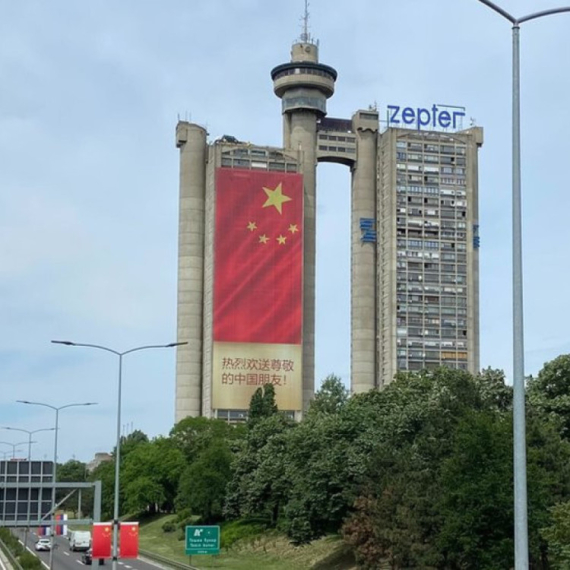

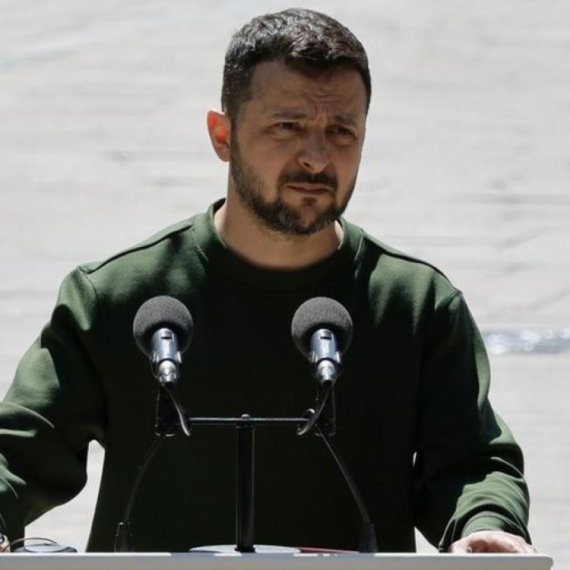

Komentari 5
Pogledaj komentare